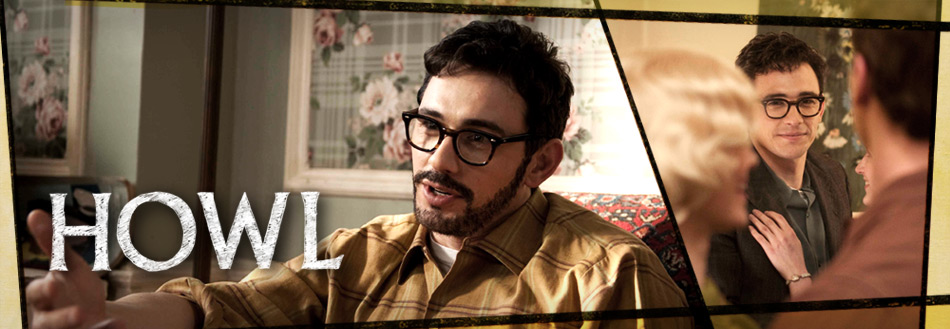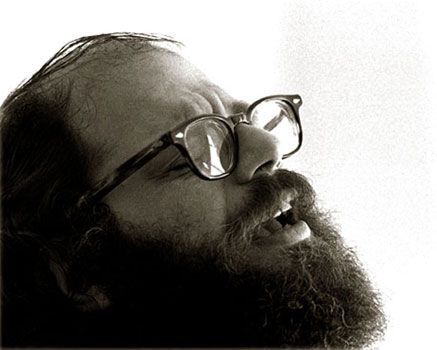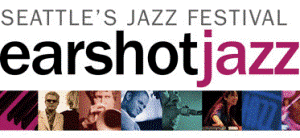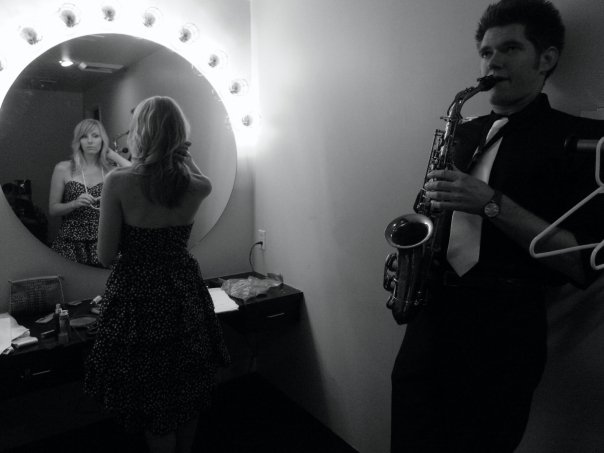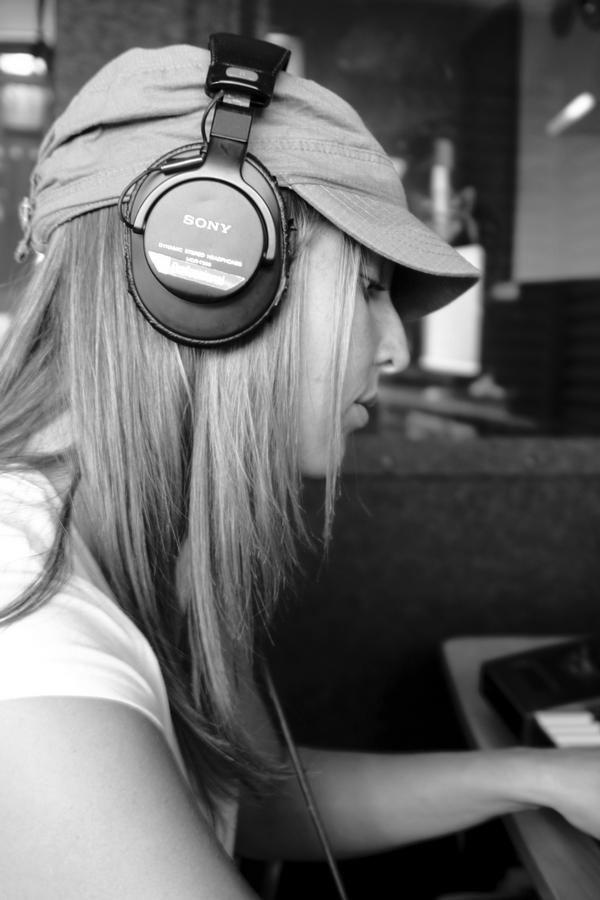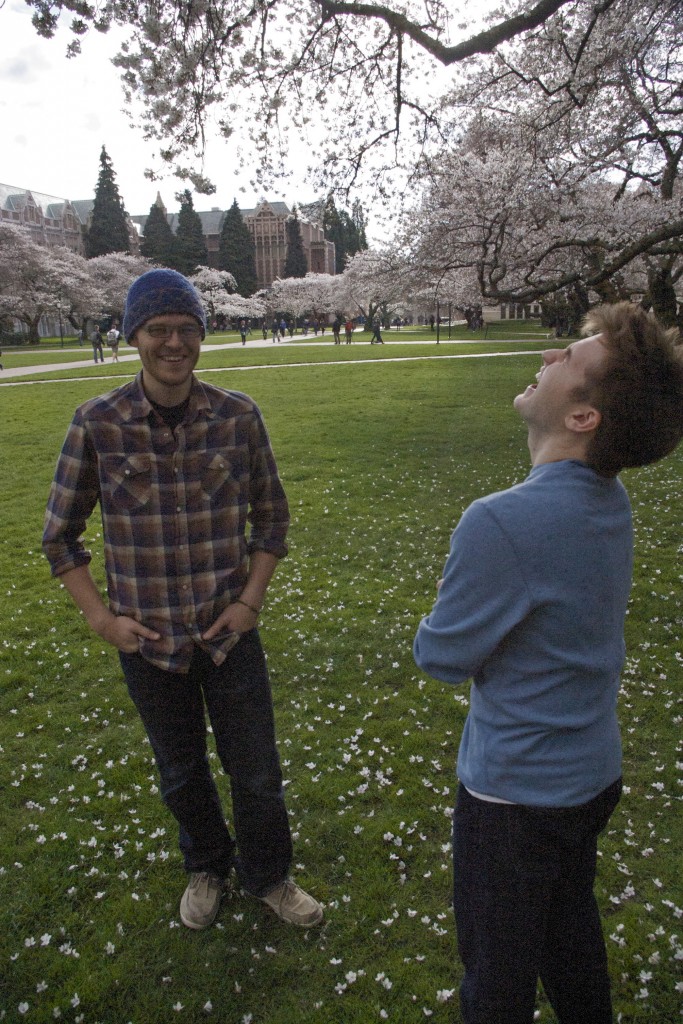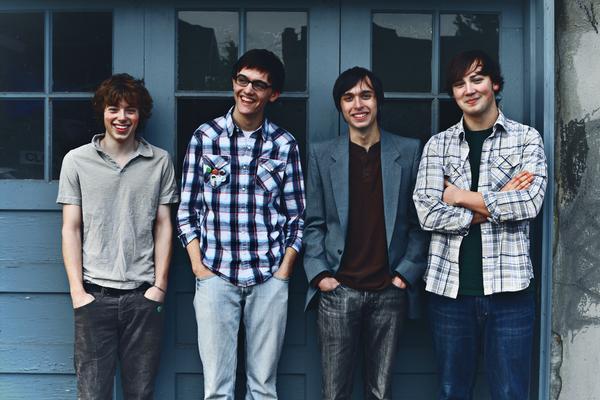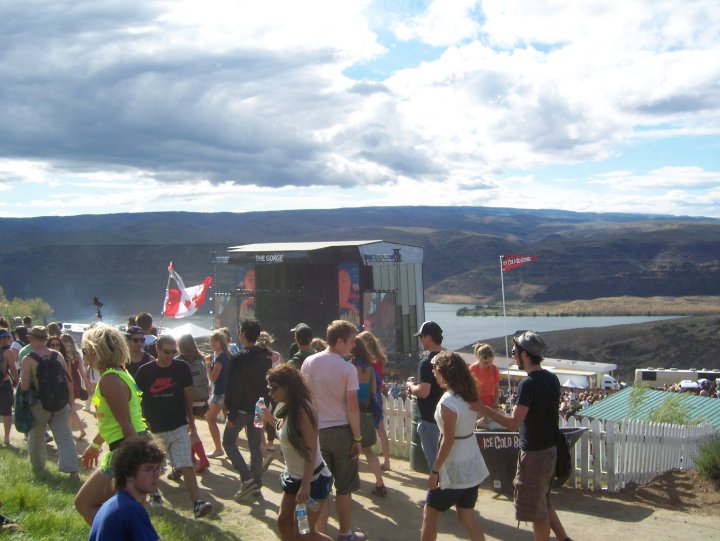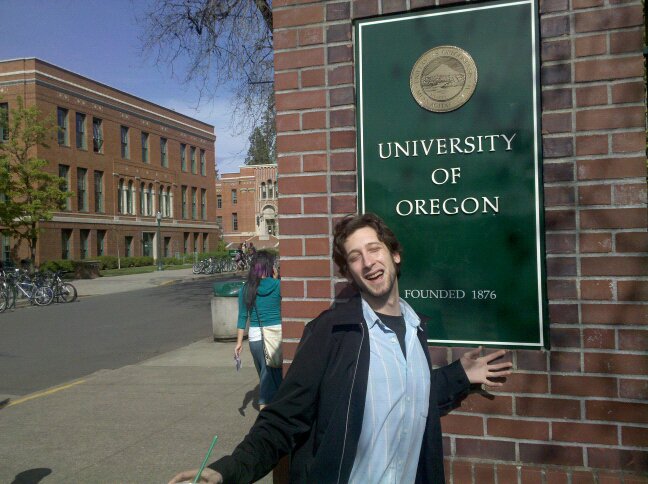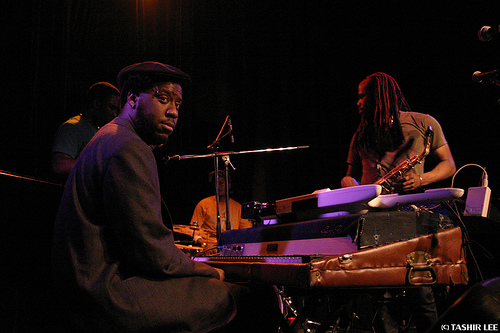
I’ve been a Robert Glasper fan since I first heard Canvas, his first Blue Note record, years ago, and since then I would say he’s gotten as close to “blowing up” as a jazz artist can get, releasing his third album, garnering a fair amount of press, touring with Maxwell, and continuing to play with his trio and his new quartet. In all fairness, however, I’ve found that he was already a pretty busy guy before Canvas, playing with Terence Blanchard, Mos Def, D’Angelo, Common, J Dilla, Jaleel Shaw, and a bunch of other people.
Obviously, when Glasper came into town last week with Chris Dave on board to promote the new record Double Booked, I was excited to see the band, especially with Casey Benjamin on Alto and Vocorder as well. In general, it was not what I expected, but, in hindsight, that’s not such a bad thing.
In all fairness, I hadn’t really checked out Double Booked like I should have before the show, and the band was performing material taken from the second half of that album. After all, the band booked at Jazz Alley, as my dad and I observed, was not the Robert Glasper Trio, it was the Robert Glasper Experiment, a small but at the same time very important detail. I think what threw me is that this band is not going for a conventional jazz aesthetic, and therefore the conventional roles as pianist, saxophonist, drummer, etc. do not apply. What did this mean to me as a listener? Well, the main difference is what Dave was doing on drums. Throughout most of the tunes, he was moving between different divisions of the beat, displacing downbeats, and moving grooves as the rest of the group held things down. To someone expecting a groove that would stay in one place and do the same thing repeatedly, this would be unnerving.
This shifting in the band hierarchy had implications for everyone in the band and for the music in general. There definitely seemed to be more of a “holding it down” vibe between Glasper and bassist Derrick Hodge, at all times. Granted, they were super tight, and the communication between Glasper, Hodge, and Dave was unreal, but I kept waiting for Glasper to take the lead and for Dave to back up musically. I felt the same way for a lot of Benjamin’s alto work. There was a disjointed nature to the music: shorter phrasing and quick statements, darting in and out of Dave’s drumming (I will say this about Benjamin on vocorder, though: really beautiful, expressive, and musical; my favorite moment of the night was Benjamin really going to town on it at the end of a Hodge original).
I’ve asked some other people about the band’s two nights at Jazz Alley, and some folks had similar feelings. Deandre Enrico, a great bassist around town, wrote to me that “it often sounded…like the drums weren’t playing ‘with’ the rest of the band…it ruined any chance for a ‘groove'”. But others, like my friend and drummer Tarik Abouzied, made the case that the music needed to be listened to in a different way, that when it came down to it Dave was comping and adding to the music the same way other musicians do, but because he is a drummer it sounds different to me. I disagreed at first, but the more I think about it, the more I think Tarik may be right.
I talk a lot about trying to erase the divide between soloist and rhythm section, improvisation and accompaniment, but when I see it in practice I still fall into my old biases. It’s also important to point out that although Chris Dave is the most well known of the group of drummers playing in this sort of style, there are many out there, and it could also be that I just need to check more stuff out.
I kind of wish I had the chance to see the Experiment again now that I’ve gone back and forth in my mind, but I will have to wait until next time.
